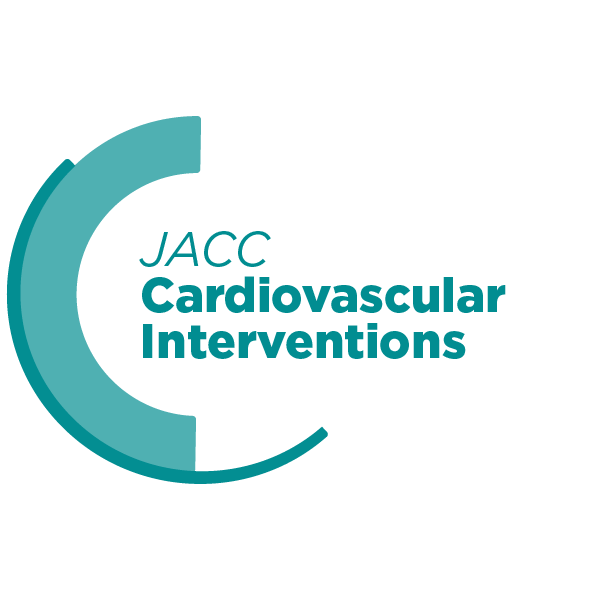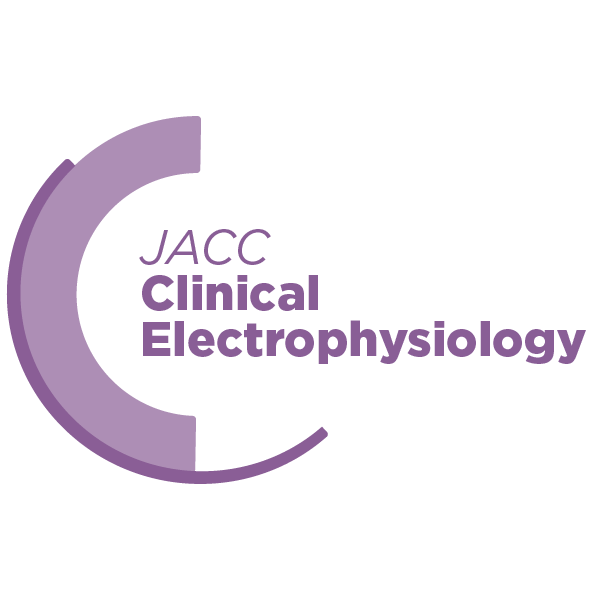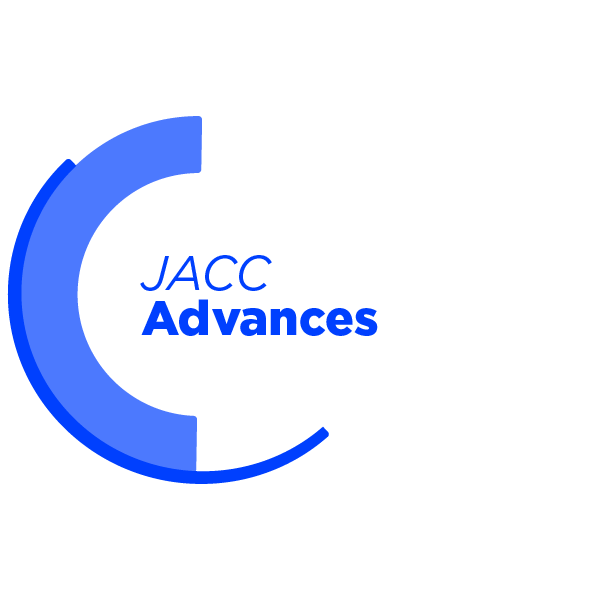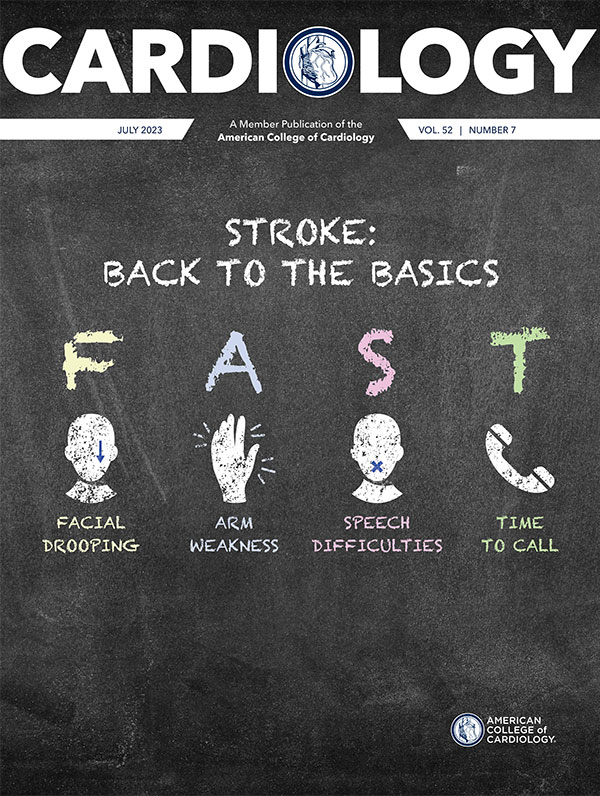JACC in a Flash
Featured topics and Editors' Picks from all of ACC's JACC Journals.

The long-term follow-up of the ABSORB IV trial showed that the absolute five-year rate of target lesion failure (TLF) was 3% greater with the Absorb bioresorbable vascular scaffolds (BVS) compared with the cobalt-chromium-based Xience drug-eluting stent (CoCr-EES), according to results presented at EuroPCR 2023 and simultaneously published in JACC.

In high-risk patients with severe tricuspid regurgitation (TR), tricuspid transcatheter edge-to-edge repair (T-TEER) was found to be safe and effective and associated with substantial clinical improvement, according to a late-breaking clinical trial presented at EuroPCR 2023 and simultaneously published in JACC: Cardiovascular Interventions.

Noncardiac mortality in late follow-up in patients with chronic coronary syndrome (CCS) was similar for revascularization plus medical therapy (MT) when compared with MT alone, according to results presented at EuroPCR 2023 and simultaneously published in JACC: Cardiovascular Interventions.

The novel Impella 5.0/5.5 temporary left ventricular assist device (t-LVAD) used in high-risk patients undergoing catheter ablation of scar-mediated ventricular tachycardia (VT) facilitated mapping and ablation during the procedure, but it was associated with procedure-related complications and no significant impact on short- and long-term adverse outcomes, according to a first-in-human study reported in a late-breaking clinical trial session at Heart Rhythm 2023 and simultaneously published in JACC.

Irrigated needle ablation (INA) with a retractable end-hole needle catheter can help improve arrhythmia control and avoid hospitalization for patients with treatment refractory ventricular arrhythmia due to a nonendocardial ventricular arrhythmia substrate, according to a late-breaking clinical trial presented during Heart Rhythm 2023 and simultaneously published in JACC: Clinical Electrophysiology.

Left bundle branch area pacing (LBBAP) is a safe and effective alternative to biventricular pacing (BVP) for patients undergoing cardiac resynchronization therapy (CRT) to treat reduced left ventricular ejection fraction (LVEF), heart failure and wide QRS or expected frequent ventricular pacing, according to a late-breaking clinical trial presented during Heart Rhythm 2023 and simultaneously published in JACC.

The risk of heart failure (HF)-related hospitalization was lower with left bundle branch area pacing (LBBAP) compared with biventricular pacing (BVP) as the initial strategy for CRT, according to a late-breaking clinical trial presented at Heart Rhythm 2023 and simultaneously published in JACC: Clinical Electrophysiology.

Right ventricular (RV) size and function, assessed by various imaging parameters that reflect the ability to image the initial and longitudinal RV response to stress, are integral to assessing outcomes in different cardiovascular diseases, including pulmonary hypertension left heart failure and valvular heart diseases. A JACC Scientific Statement published in JACC, reviews the standard and novel imaging methods for assessing RV function and the impact of the parameters on different disease outcomes.

Decreased platelet reactivity and faster endogenous fibrinolysis in patients with STEMI were found to predict spontaneous reperfusion, which was associated with smaller infarcts and improved survival, according to a study published in JACC.

Artificial intelligence (AI) and machine learning may play a future role in syncope management, but technical challenges as well as medicolegal and ethical concerns remain, according to a recent JACC: Advances multidisciplinary collaborative statement published in JACC: Advances.
Clinical Topics: Arrhythmias and Clinical EP, Heart Failure and Cardiomyopathies, Invasive Cardiovascular Angiography and Intervention, Noninvasive Imaging, Atherosclerotic Disease (CAD/PAD), Implantable Devices, EP Basic Science, SCD/Ventricular Arrhythmias, Atrial Fibrillation/Supraventricular Arrhythmias, Acute Heart Failure, Interventions and Coronary Artery Disease, Interventions and Imaging, Interventions and Structural Heart Disease, Echocardiography/Ultrasound
Keywords: ACC Publications, Cardiology Magazine, Drug-Eluting Stents, Coronary Artery Disease, Percutaneous Coronary Intervention, Myocardial Infarction, Myocardial Ischemia, Thrombosis, Tricuspid Valve Insufficiency, Echocardiography, Tachycardia, Ventricular, Catheter Ablation, Ventricular Fibrillation, Ventricular Premature Complexes, Cardiomyopathies, Catheters, Electrophysiology, Cardiac Resynchronization Therapy, Stroke Volume, Ventricular Function, Left, Arrhythmias, Cardiac, Heart Failure, Artificial Intelligence
< Back to Listings


